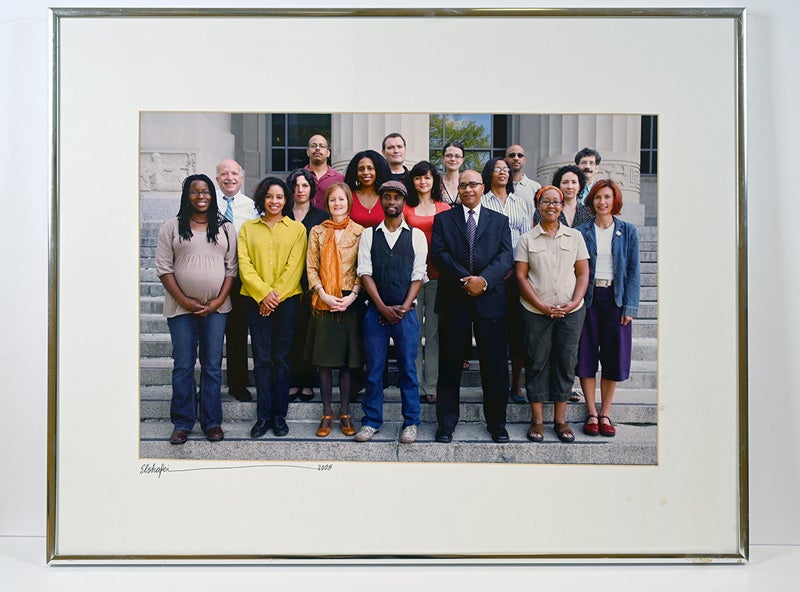On September 1, 2011, CAAS became the Department of Afroamerican and African Studies (DAAS). The transition to a full-fledged academic department began in the late 1990s when CAAS was given enhanced program status, enabling it to serve as an equal partner with other departments in tenure cases as well as to make 100% tenure-track faculty appointments. Thus, enhanced program status enabled CAAS to function as a full department in all but actual name. One of the arguments against departmental status was the assumption that if CAAS were able to make 100% faculty appointments, this would isolate CAAS from other LSA units. From this perspective, the strategy of building the unit through joint appointments was viewed as the surest means of integrating CAAS into the mainstream of the University, ensuring the excellence of its core faculty, and creating the conditions for continued expansion. By 2011, however, a consensus had been reached that a move to departmental status would signal the permanence of Afroamerican and African Studies within the University of Michigan College of Literature, Science and the Arts and would thus send a powerful message of support to constituencies both within and beyond the university. As Angela Dillard, professor Afroamerican and African Studies and former Director of CAAS, noted at the time, “This is more than just a symbolic gesture or mere name change. Rather, it is the culmination of a long process and a change for which generations of students, faculty, administrators and alums have been pressing. It’s a coming-of-age and a vote of confidence.” Moreover, in supporting a move to departmental status for CAAS, Michigan would signal anew to the academy at large its willingness to compete with such institutions as Yale, Northwestern, Brown and Princeton, all of which have taken well-publicized steps in recent years toward strengthening their Africana Studies programs. The departmental status conferred on the center represented autonomy and institutional regard as well as intellectual respect for Africana studies.



